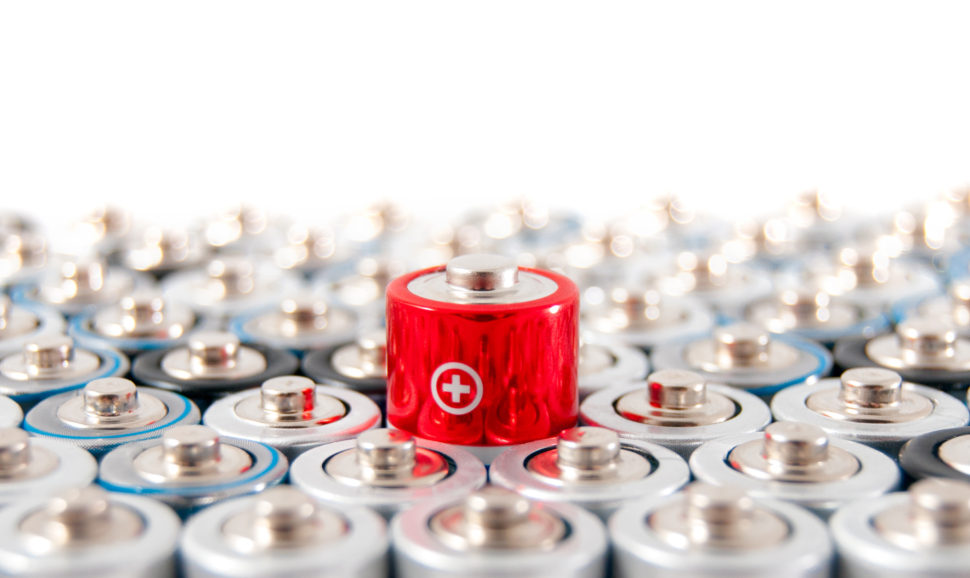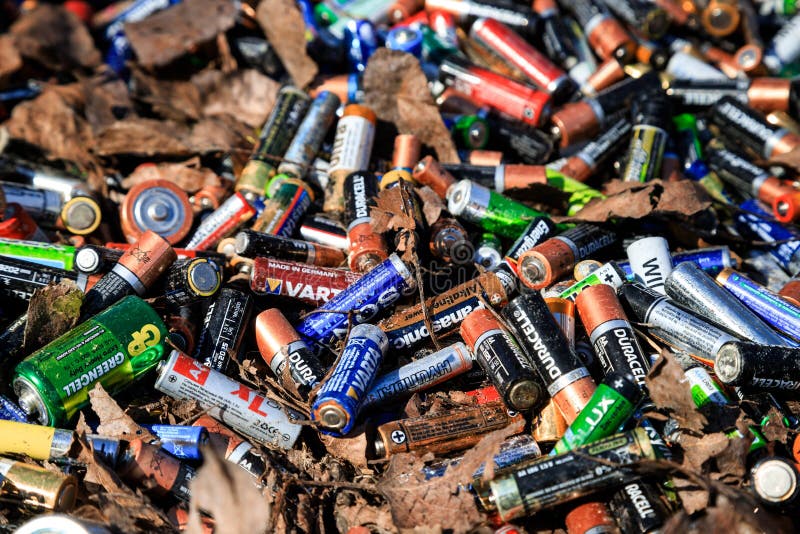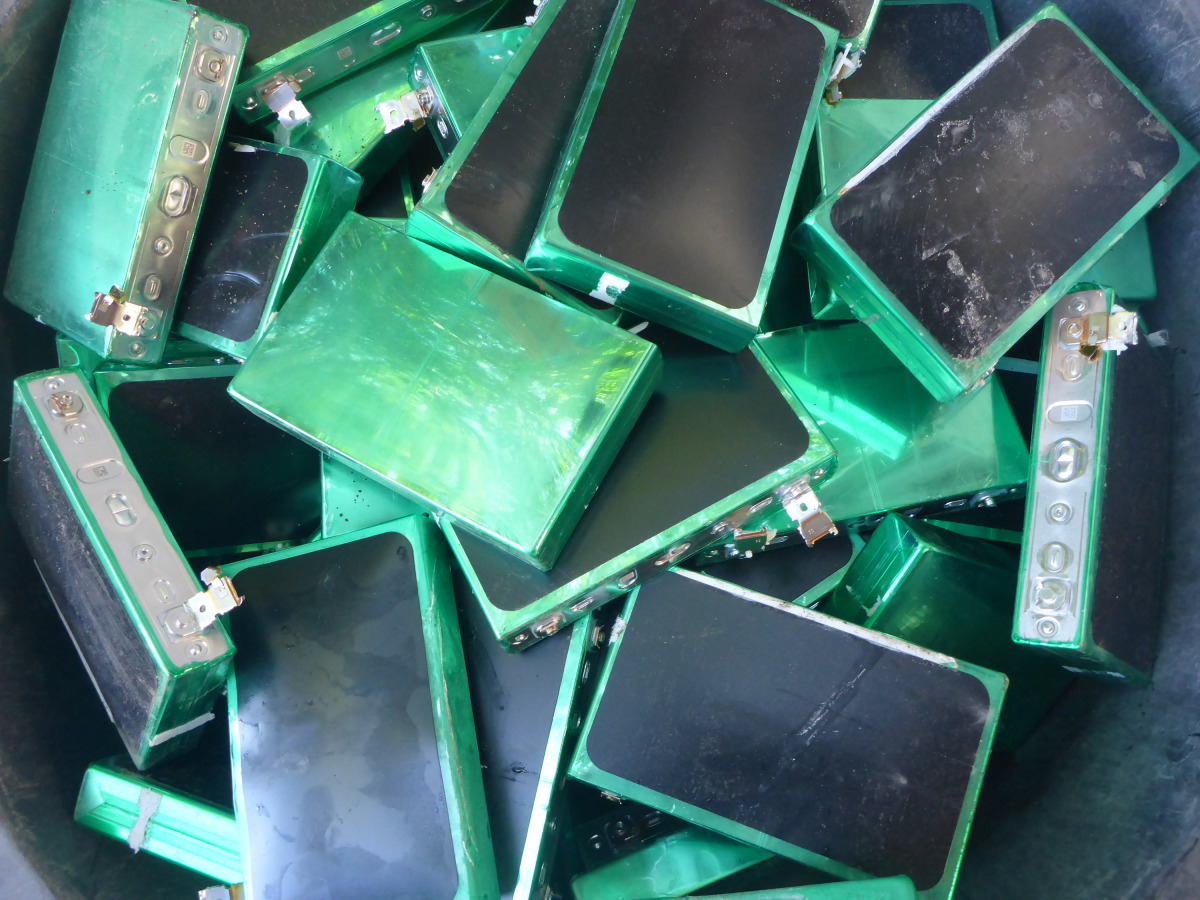

“There is no uniformity in the industry," Kochhar notes. Mainstream nickel manganese cobalt oxide batteries are just as easily recycled as ones based on lithium iron phosphate. When it comes to battery chemistries, Li-Cycle is agnostic. For instance, rather than dismantling an EV battery pack into cells and discharging them, they separate the pack into larger modules and process them without discharging.

Li-Cycle engineers iteratively improved on traditional hydrometallurgical recycling, Kochhar says. The company's first spoke is near Toronto, where Li-Cycle is headquartered a second spoke just opened in Rochester, where the future hub is slated to open in 2022. Li-Cycle will operate on a “spoke and hub" model, with the spokes handling the preliminary processing of old batteries and battery scrap, and the black mass feeding into a centrally located hub for final processing into battery-grade materials. Workers sort lithium-ion batteries at Li-Cycle's recycling facility near Toronto. We need to make it cost effective, so that people have an incentive to bring their batteries back." “But recycling companies have trouble making profits. “Recycling batteries is better than if we mine new materials and throw the batteries away," Spangenberger says. Traditionally, battery recycling involves either burning them to recover some of the metals, or else grinding the batteries up and treating the resulting “black mass" with solvents.īattery recycling doesn't just need to be cleaner-it also needs to be reliably profitable, says Jeff Spangenberger, director of the ReCell Center, a battery-recycling research collaboration supported by the U.S. These startups aim to automate, streamline, and clean up what has been a labor-intensive, inefficient, and dirty process. Straubel's Redwood Materials, which has a broader scope of recycling electronic waste. In addition to Li-Cycle, that list includes Stockholm-based Northvolt, which is jointly building an EV-battery-recycling plant with Norway's Hydro, and Tesla alum J.B.

The industry is concentrated in China and South Korea, where the vast majority of the batteries are also made, but there are several dozen recycling startups in North America and Europe. As lithium-ion battery production soars, so does interest in recycling.Īccording to London-based Circular Energy Storage, a consultancy that tracks the lithium-ion battery-recycling market, about a hundred companies worldwide recycle lithium-ion batteries or plan to do so soon. Of the 180,000 metric tons of Li-ion batteries available for recycling worldwide in 2019, just a little over half were recycled. “We'll be one of the largest domestic sources of nickel and lithium, as well as the only source of cobalt in the United States," says Ajay Kochhar, Li-Cycle's cofounder and CEO.įounded in late 2016, the company is part of a booming industry focused on preventing tens of thousands of tons of lithium-ion batteries from entering landfills.

The plant will have an eventual capacity of 25 metric kilotons of input material, recovering 95 percent or more of the cobalt, nickel, lithium, and other valuable elements through the company's zero-wastewater, zero-emissions process. When completed, it will be the largest lithium-ion battery-recycling plant in North America. Later this year, the Canadian firm Li-Cycle will begin constructing a US $175 million plant in Rochester, N.Y., on the grounds of what used to be the Eastman Kodak complex.


 0 kommentar(er)
0 kommentar(er)
